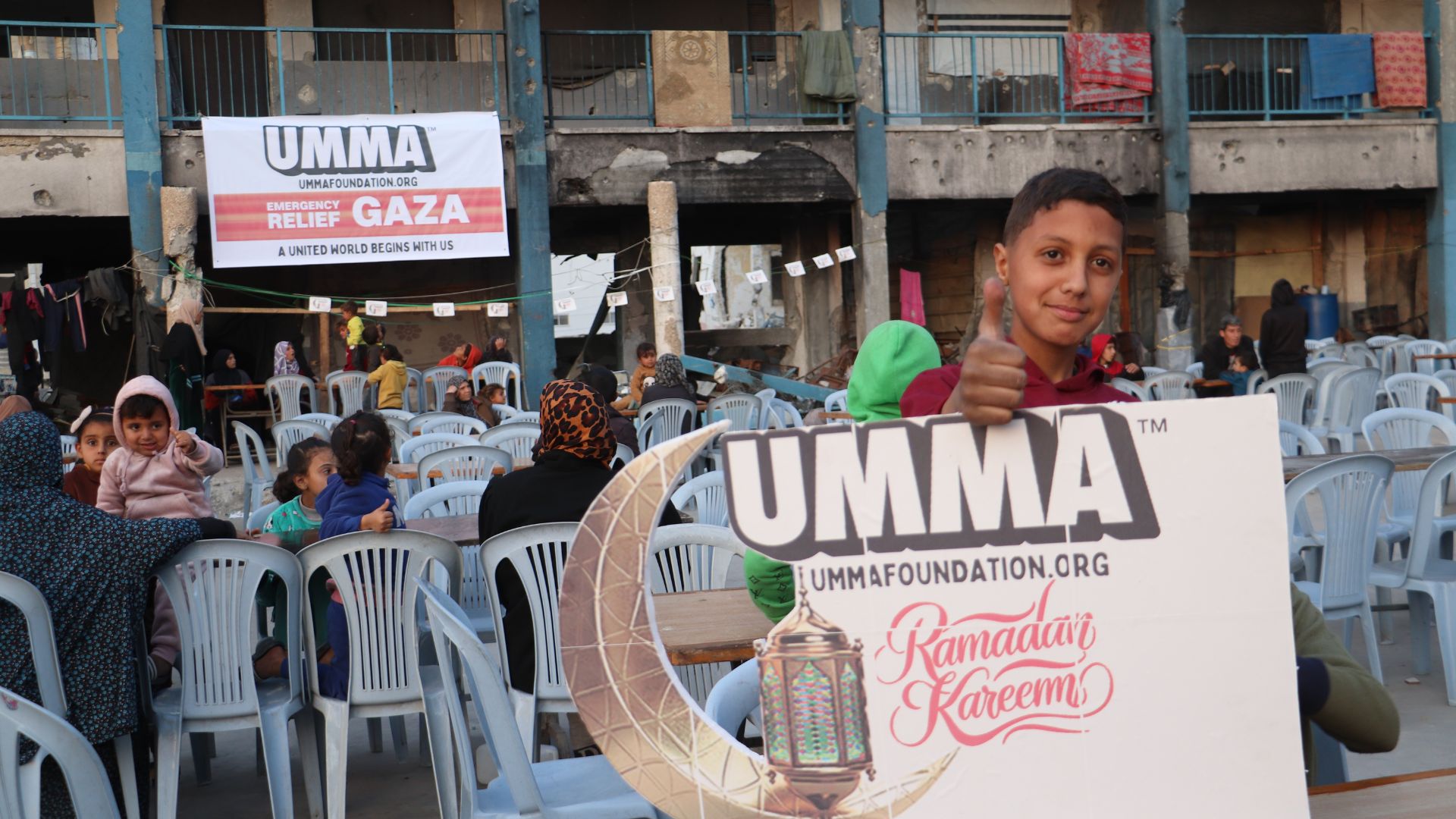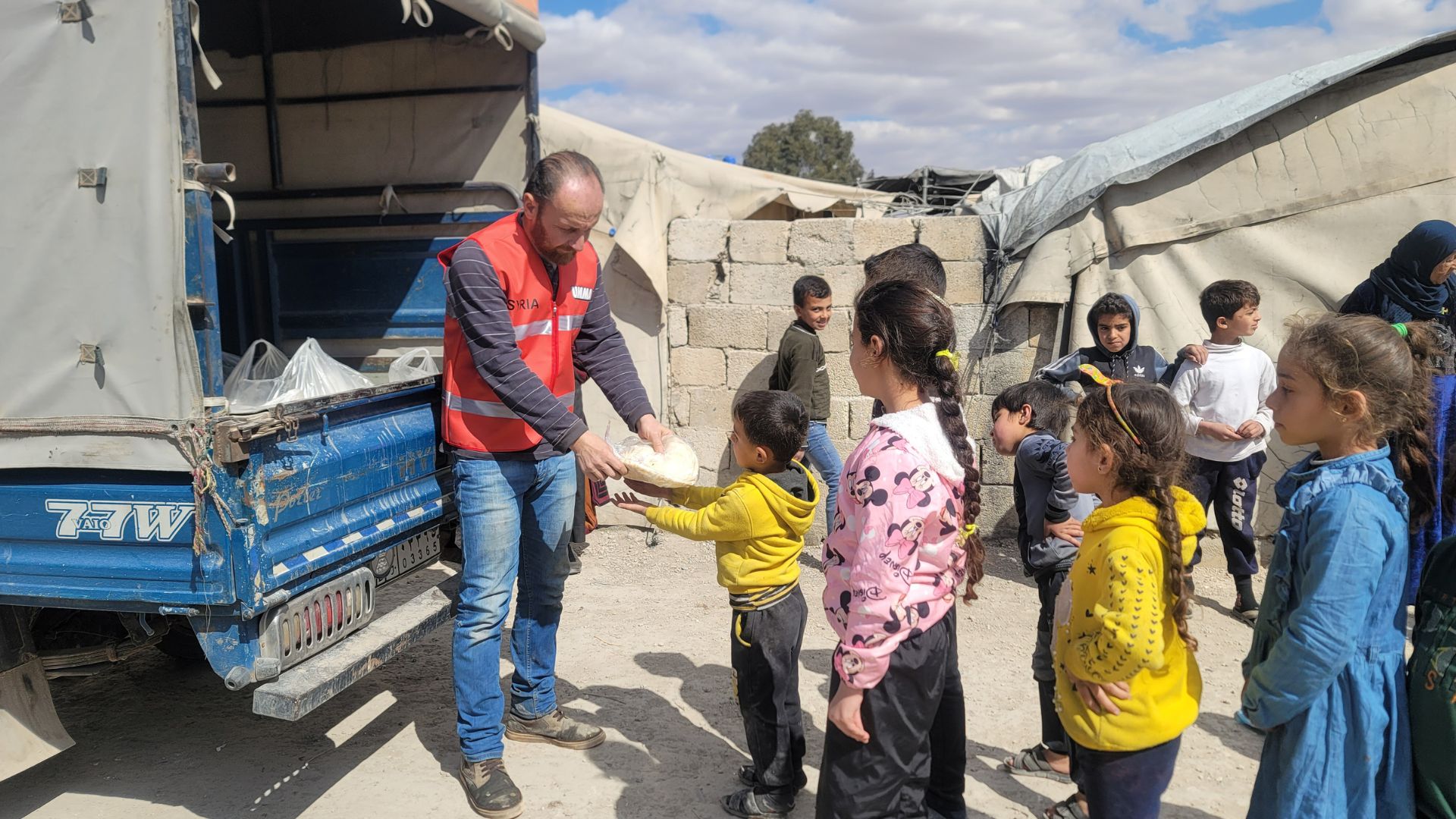The Growing Bread Crisis in Egypt
Egypt, historically revered as the "breadbasket of the world," now faces a profound bread crisis that threatens the food security of millions. Bread, or "aish" in Arabic—meaning "life"—is more than a dietary staple; it embodies the essence of sustenance for Egyptians. The escalating bread distribution crisis in Egypt has intensified hunger relief efforts in Egypt, as the nation grapples with soaring bread prices and widespread food insecurity. This article delves into the complexities of Egypt's bread crisis, examining its causes, impacts, and the pivotal role of food aid in Egypt. Additionally, we highlight actionable avenues for individuals to contribute to alleviating this pressing issue.
The Bread Crisis in Egypt: An Overview
Egypt's reliance on bread subsidies has been a cornerstone of its social welfare system, ensuring affordable access to this vital food source for decades. However, recent economic turmoil has led to significant disruptions:
- Inflation and Rising Costs: In March 2022, Egypt experienced a 12.1% inflation rate, with bread and grain prices surging by 11%, placing immense strain on household budgets. (New Arab)
- Subsidy Reductions: In June 2024, the government increased the price of subsidized bread from 5 to 20 piasters—the first hike in over three decades—affecting approximately 70 million citizens reliant on these subsidies. (Al Arabiya)
- Global Supply Chain Disruptions: The Russia-Ukraine conflict, involving two of the world's largest wheat exporters, has disrupted Egypt's wheat imports, exacerbating the wheat shortage and contributing to the Egypt food crisis. (Middle East Institute)
Historical Context: Bread and Social Stability
Bread holds profound socio-political significance in Egypt. The 1977 "Bread Riots" erupted in response to attempts to cut bread subsidies, underscoring the population's sensitivity to bread price fluctuations. Similarly, during the 2011 revolution, protestors chanted "bread, freedom, social justice", highlighting bread as a symbol of basic rights and societal equity. (Borgen Project)
Government Responses and Policy Shifts
To address the bread crisis in Egypt, the government has implemented several measures:
- Price Adjustments: The increase in subsidized bread prices aims to alleviate the financial burden on the state, which spends approximately $3 billion annually on the bread subsidy program. (Milling Middle East)
- Subsidy Reforms: Discussions are underway to transition from in-kind food subsidies to direct cash payments, aiming to enhance efficiency and target those most in need. (Reuters): Efforts to incorporate
- Diversification of Grain Sources: Efforts to incorporate alternative grains like corn or sorghum into bread production are being explored to reduce reliance on wheat imports. (Reuters)
Impact on Vulnerable Populations
The reduction in subsidies and rising bread prices disproportionately affect low-income families, who allocate a significant portion of their income to food. The exclusion of hundreds of thousands from the national bread subsidy program has sparked public outcry and raised concerns about the government's spending priorities amid widespread economic hardship. (New Arab)
The Role of International Aid and NGOs
International organizations and NGOs play a crucial role in mitigating the hunger crisis in Egypt:
- Food Distribution Programs: Organizations like the Egyptian Food Bank provide essential food aid to vulnerable populations, addressing immediate nutritional needs.
- Nutritional Education: Programs aimed at educating communities about nutritional practices help improve long-term food security.
- Agricultural Support: Initiatives that support local farmers in improving crop yields and diversifying production contribute to reducing dependency on imports and enhancing Egypt's food security.
Top 5 Charities to Support Egypt Bread Distribution
If you want to make a difference in fighting food insecurity in Egypt, consider donating to these trusted organizations:
- UMMA Foundation – 🌍 Visit: https://www.ummafoundation.org/ ✔ Provides daily bread distribution in Egypt
✔ Supports sustainable food aid projects
✔ Works to combat food insecurity and hunger - Egyptian Food Bank – 🌍 Visit: https://www.efb.eg/ ✔ Operates nationwide hunger relief programs
✔ Distributes millions of meals to vulnerable families
✔ Works to reduce food waste and promote sustainability - Save the Children Egypt – 🌍 Visit: https://www.savethechildren.org/us/where-we-work/egypt ✔ Focuses on child nutrition and hunger relief
✔ Supports education and emergency food assistance
✔ Provides nutritional programs for malnourished children - Resala Charity Organization – 🌍 Visit: https://resala.org/ ✔ Runs food aid programs for low-income families
✔ Supports orphans, elderly, and refugees in Egypt
✔ Provides volunteer-led food distribution initiatives - GlobalGiving's Egypt Project – 🌍 Visit: https://www.globalgiving.org/projects/feed-hungry-families-and-children-in-egypt/ ✔ Provides hot, nutritious meals for families in need
✔ Focuses on feeding children and supporting local food systems
✔ Operates through grassroots food distribution programs
Conclusion: A Collective Effort to End Egypt’s Bread Crisis
The bread crisis in Egypt is a multifaceted challenge that requires coordinated action from governments, NGOs, and individuals. By supporting hunger relief programs, advocating for food security policies, and contributing to sustainable food solutions, we can help ensure millions of Egyptians have access to affordable, nutritious food.
📌 Take action today—support a hunger relief organization and be part of the solution! 🚀











